Emily Dilling and Erica Berman sat down with famed chef David Lebovitz inside his (actual) Paris kitchen to get some insider details on the inspirations for his latest cookbook, My Paris Kitchen.We’re also giving away a copy of the book to one lucky reader! For your chance to win, see instructions at the bottom of this post. Happy cooking! -Geneviève
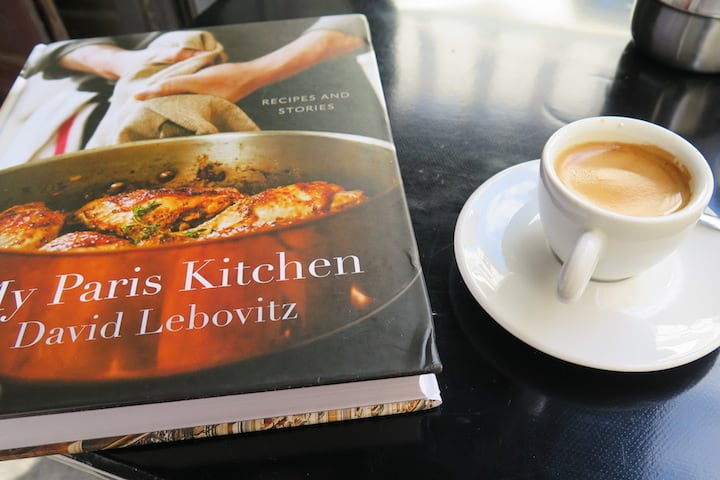
Erica Berman
In French the word cuisine has a double meaning- referring both to the room in your house where food is prepared and the type of cooking that you do there.
Salted Butter caramel Chocolate Mousse/ David Lebovitz (Ed Anderson)
David Lebovitz’s new book My Paris Kitchen, is all about his cuisine, in both French senses of the term. David’s stories of equipping his Paris kitchen, from the double basin sink he drove all the way to Lille to retrieve to the industrial lighting fixtures that were procured after hours of wily web searching, set the scene for the 100 recipes to come.
Kitchen Utensils & Chocolate Cake with Dulce de Leche filling (Erica Berman)
Much like the recipes in My Paris Kitchen, the accessories and ingredients in David’s kitchen all have a story; the sole salad tong still looking for its mate, the spices shared from friends abroad, the olive oil from an organic producer in Sicily, the vintage cutlery and glass garlic holder, all props in the story of David’s life in Paris.
In My Paris Kitchen Lebovitz curates a contemporary collection of dishes that document the changing gastronomy of Paris. This collection includes ethnic foods that reflect the city’s diverse cultures mixed with favorites that Lebovitz has collected from cooking experience and travels abroad. Stories about the American expat’s life in Paris- sometimes comical, sometimes sentimental- are told throughout the book and accompanied by photos that are honest and authentic representations of Paris, complete with her grey skies, camera-shy waiters, beautiful skylines, and bustling markets.
Confit de Citron (Erica Berman)
On the occasion of the release of his latest book, HiP Paris Blog/Haven in Paris founder Erica Berman and I visited David Lebovitz in his Paris kitchen to talk about the inspiration for the project, shopping and eating in Paris, food trends, and what changes he’s seen over 15 years of covering the Paris food scene.
Located off the beaten path in the 11th arrondissement, David’s apartment is in a neighborhood that he describes as having “a lot of potential” while still remaining rough around the edges. Tucked away from the hordes of tourists attracted by the city center, Lebovitz has found a quiet corner in his chaotic city. We met him in his Paris kitchen, complete with the famed double basin sink and airy cuisine américane setup, and asked him about his new book.
Leon Pistachiio Israeli Couscous/ Herbed Goat Cheese Crostini (Ed Anderson)
“This isn’t really a memoir per se” David explained, “it’s more stories about Paris, and me, and my friends, and the places I go.” David wanted to include both stories and recipes in the book because “the story behind the recipe is just as important as the recipe itself…the recipes support the stories and vice versa.” This explains why recipes and stories get equal attention in the book, which was inspired by Lebovitz’s publisher at Ten Speed Press, who suggested writing about how he eats and cooks at home in Paris. David put together a list of 150 of his favorite recipes- inspired by both France and abroad- which was eventually honed down to 100 sweet and savory recipes that are emblematic of Lebovitz’s “global cooking” style. The global aspect is apparent in the chosen recipes which are inspired by his travels, past cooking experience, and even his favorite neighborhoods- such as the Barbès neighborhood in the 18th arrondissement and the culturally diverse Belleville and Ménilmontant neighborhoods. In David’s Paris kitchen, hummus, baba ganoush, and spiced meatballs with siracha sauce sidle up to classics such as grated carrot salad, croque monsieur, and French onion soup.
David Lebovitz’s kitchen is stocked with foods from near and far. A treasure trove of ingredients and accessories, he was equally as excited to share with us the raw honey sent to him from Canada, dried tomatoes brought back from Italy and beer from Lebanon as he was to show us his collection of vintage knives found at Paris flea markets. David has favorite vendors at his preffered markets, including Marché Popincourt and his favorite, Marché d’Aligre- both of which have locally grown produce, brought to the city by the farmers themselves. Developing a relationship with the vendors is important to David, who stressed that “you have to look at everything [at the market] critically…I look at everything and smell it,” emphasizing the importance of a hands-on market experience, “I only go to places where they let me touch” he told us.
Emily Dilling, Erica Berman and David Lebovitz (Didier Gauducheau)
David does about half his shopping at the open-air marchés and on market visits he has noticed that the farmers’ stands often have the longest lines. “Paris is an expensive city and people don’t make a lot of money,” he pointed out, “but they’re willing to pay for good food.” This willingness to pay more for local food, or to be picky about produce at the market, marks a change that David has seen among Parisians, “people are more concerned about what they’re eating and where they’re buying it.”
The same goes for eating out, where discriminating diners are frequenting a new generation of restaurants which embrace the “eat local” approach to ingredients. In the introduction to his book, Lebovitz refers to the chefs behind these restaurants as “a brigade of younger chefs in Paris quietly rebranding French cuisine and, paradoxically, updating it by taking it back to its humbler roots- to la cuisine du marché”. A few examples of restaurants that fall in to this category that David suggests are 6 Paul Bert, Bones, Café des Abattoirs, Verjus and Holybelly.
Chocolate Cake with Dulce de Leche Filling (Erica Berman)
An attention to ingredient origin represents a significant change from when Lebovitz first arrived in Paris. In My Paris Kitchen he explains butting up against the French version of locavorism/denial “Everything is local in France!’ I was told, even after pointing out the asparagus and garlic that had shipped from Argentina and the strawberries that had arrived in Paris via Morocco.” This was in stark contrast to his experience coming up as a young chef, “I was in California in the 80s and 90s when everything changed…I worked at Chez Panisse for a long time and I saw the food revolution.” This revolution led to significant changes across the country, “now in America you can go to Safeway and there’s organic apricots…in the old days that was unthinkable. It’s pretty amazing what’s happened.” While France may not be quite there yet, there seems to be a food revolution of its own right brewing, and David Lebovitz’s book stands to document it.
Delicious! (Erica Berman)
My Paris Kitchen is a thoughtful and accessible gateway to contemporary Paris cooking and culture. Lebovitz told us that when taking on a new book project he acknowledges that “you’re writing a book for yourself, but also for your readers.” The book is as much written for David Lebovitz as it is for the ardent Francophile- with recipes that illustrate the author’s Paris but attention given to the home chef. When choosing recipes Lebovitz first asks, “Are people really going to make this?” and “How can people recreate this in the U.S.?” Once recipes are chosen, they are tested and modified to prevent waste (“no one wants to have a 1/2 cup of cream filling left over”) and little margin for error. Throughout the process some recipes demand more attention than others, like the Tarte Tropézienne that David tested 17 times before signing off on the final recipe, and the Buche de Noël which Lebovitz put down in writing for the first time for this book.
David Lebovitz (Didier Gauducheau) & Confit de Citron (Erica Berman)
In his time in Paris, David has not only witnessed changes in the food world, but also in the world of blogging. As someone who started a blog before Wordpress was even founded, David is a veteran blogger with a unique perspective on the evolution of the medium. “People now expect really good photos, they want clean text, they don’t want typos…when blogging started it was supposed to be a diary…and it’s become less of an online diary and more of a showcase” David explained. Amidst the changes in expectations and the inundation of highly stylized food blogs online, his response has remained the same, “you just have to be normal and that’s what people like.” This down-to-earth approach has worked just fine for David, and it’s a pleasure to see what a normal day in his life looks like through the pages of My Paris Kitchen.
Homemade Pasta by David & My Paris Kitchen (Didier Gauducheau)
For a chance to win a copy of David Lebovitz’s My Paris Kitchen, leave a comment below and follow instructions to share on Facebook, Twitter and Pinterest here:
a Rafflecopter giveaway
Related links:
- Find David Lebovitz’s own blog right here.
- Want to learn how to cook your very own baguette or macarons while in Paris next time? Sign up for a cooking class with La Cuisine Paris.
- Shared Appetite lists the top 10 foods you have to try while in Paris.
Written by Emily Dilling for the HiP Paris Blog. Looking for a fabulous vacation rental in Paris, London, Provence, or Tuscany? Check out Haven in Paris.
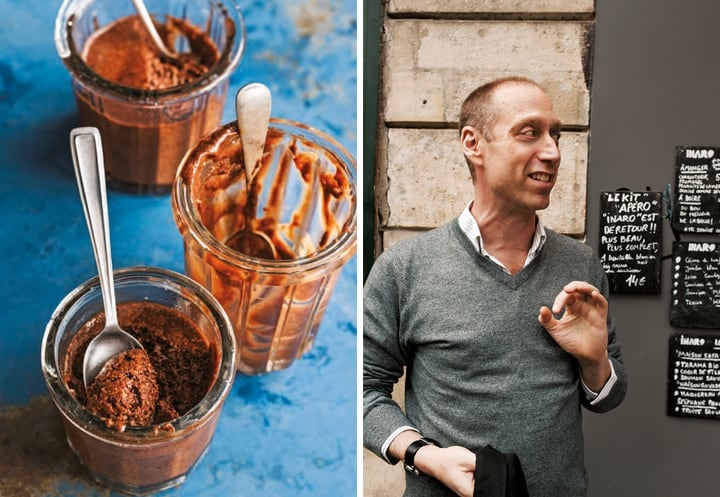
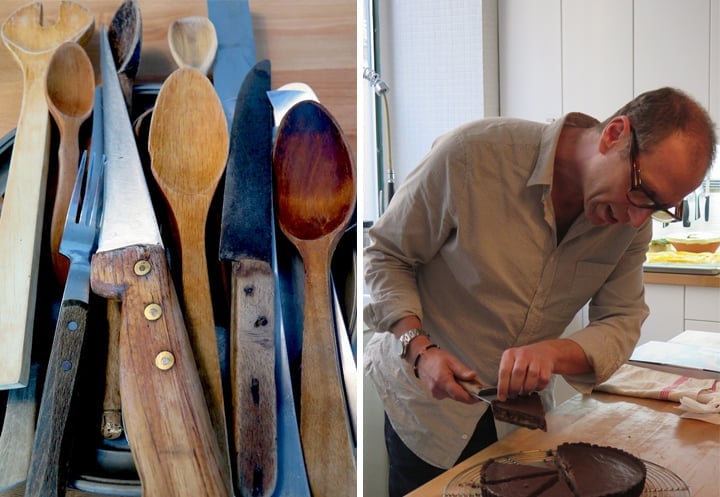
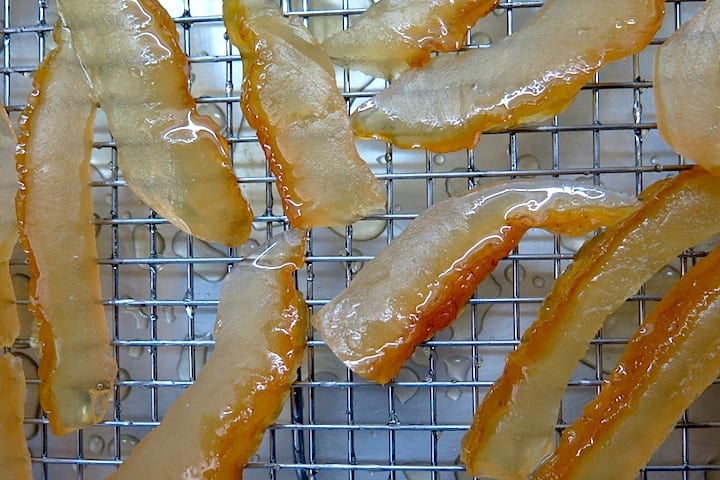
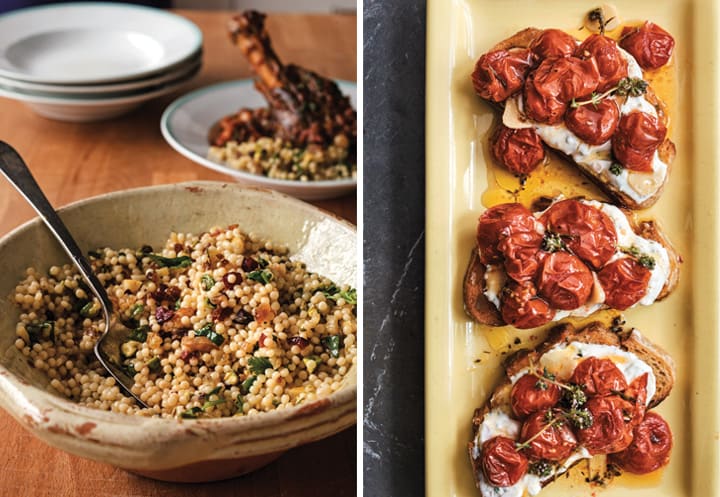
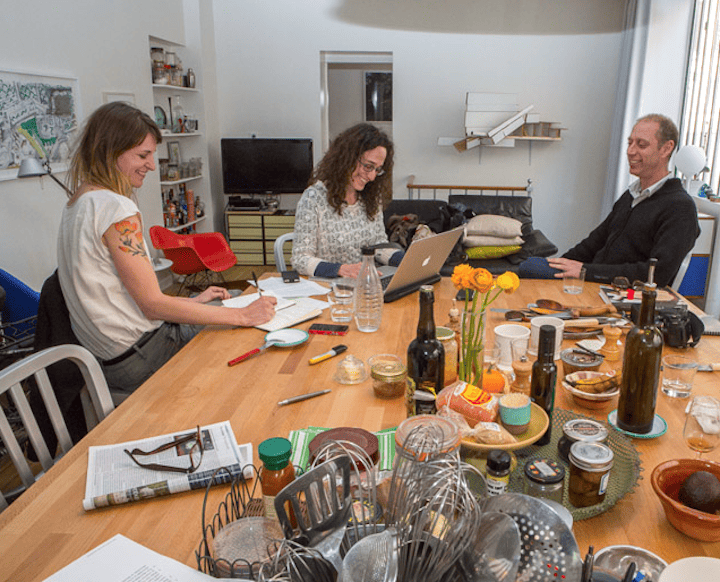
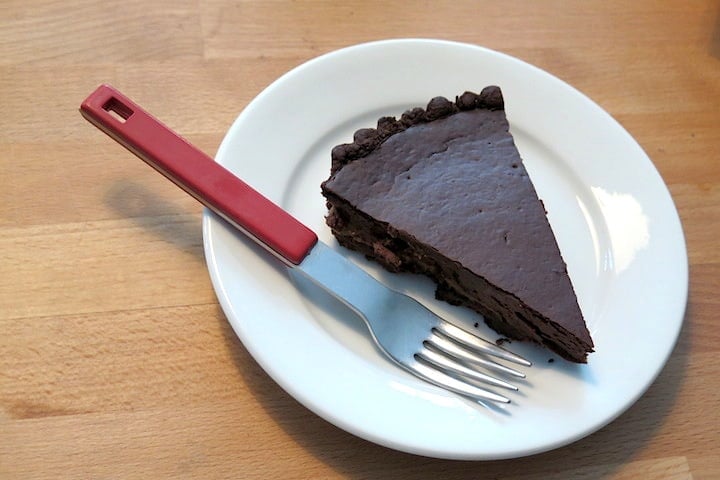
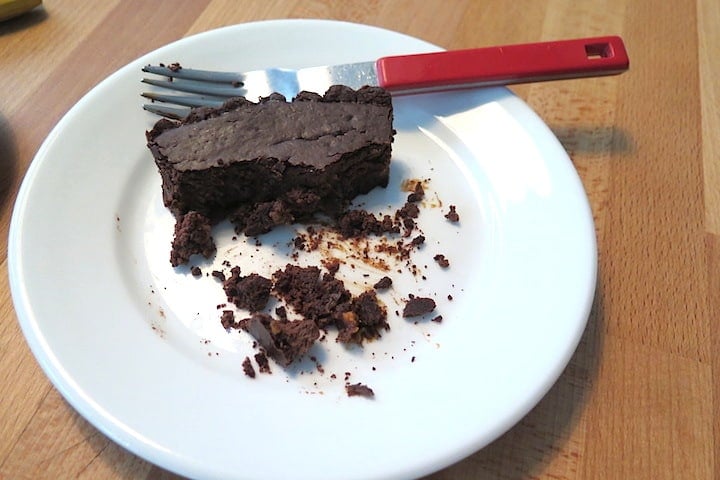
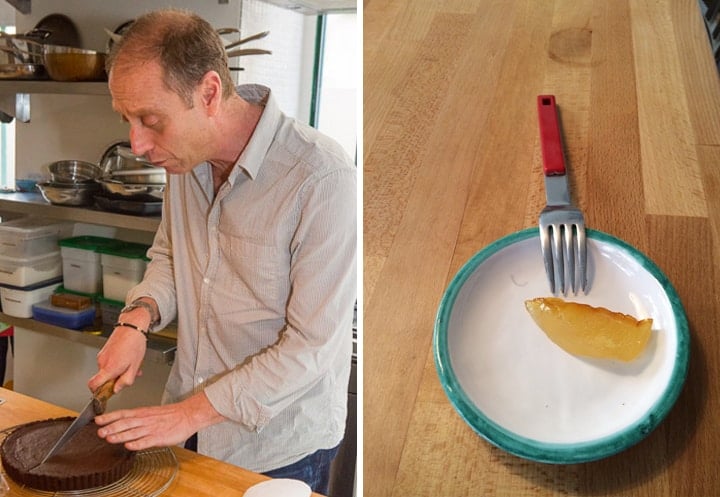
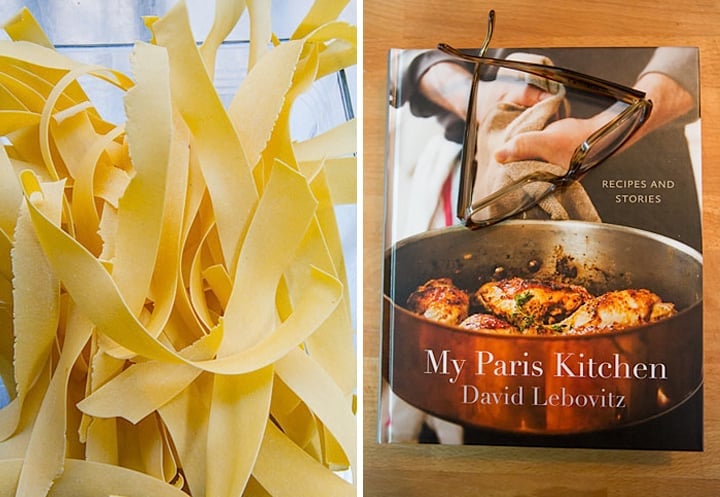





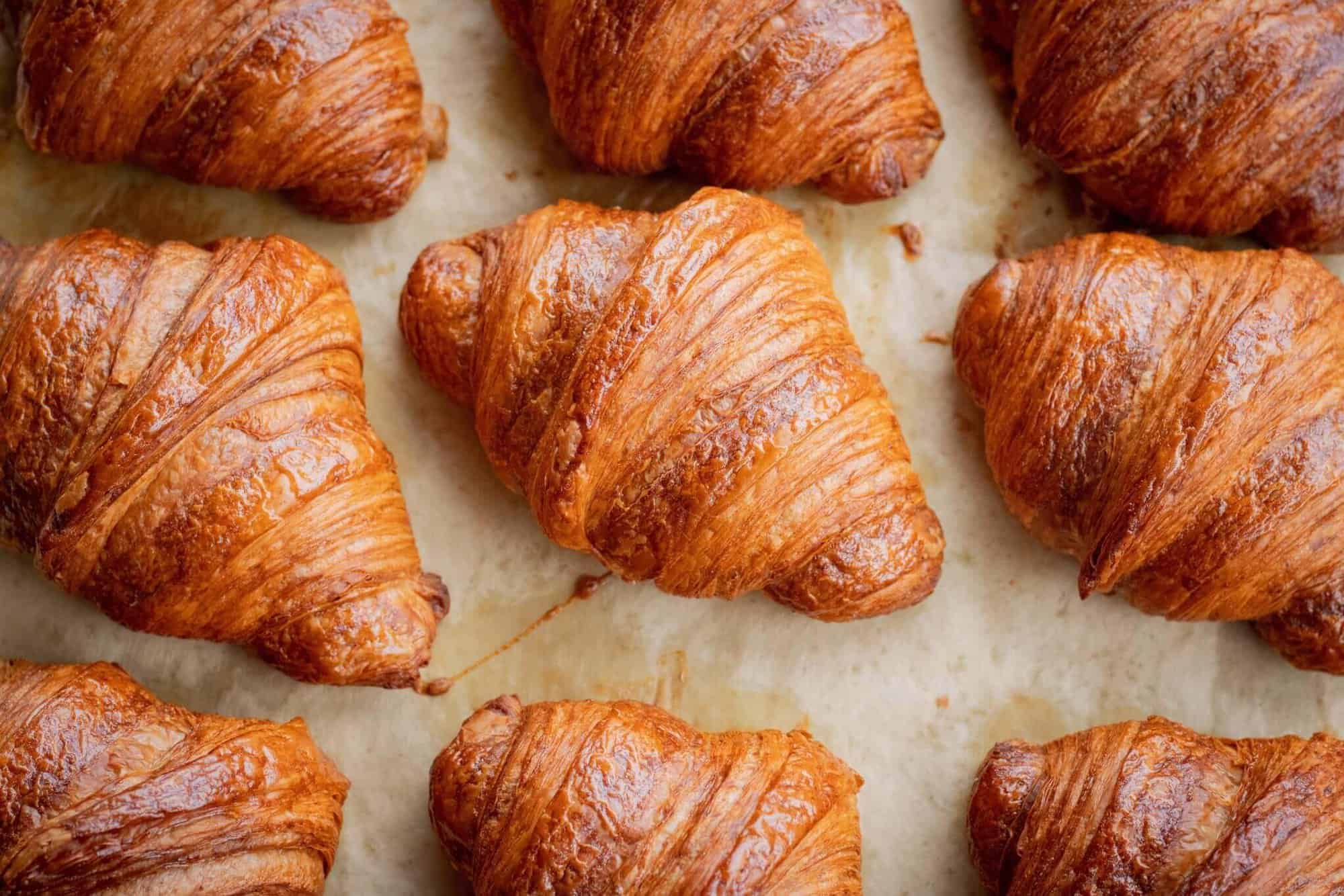






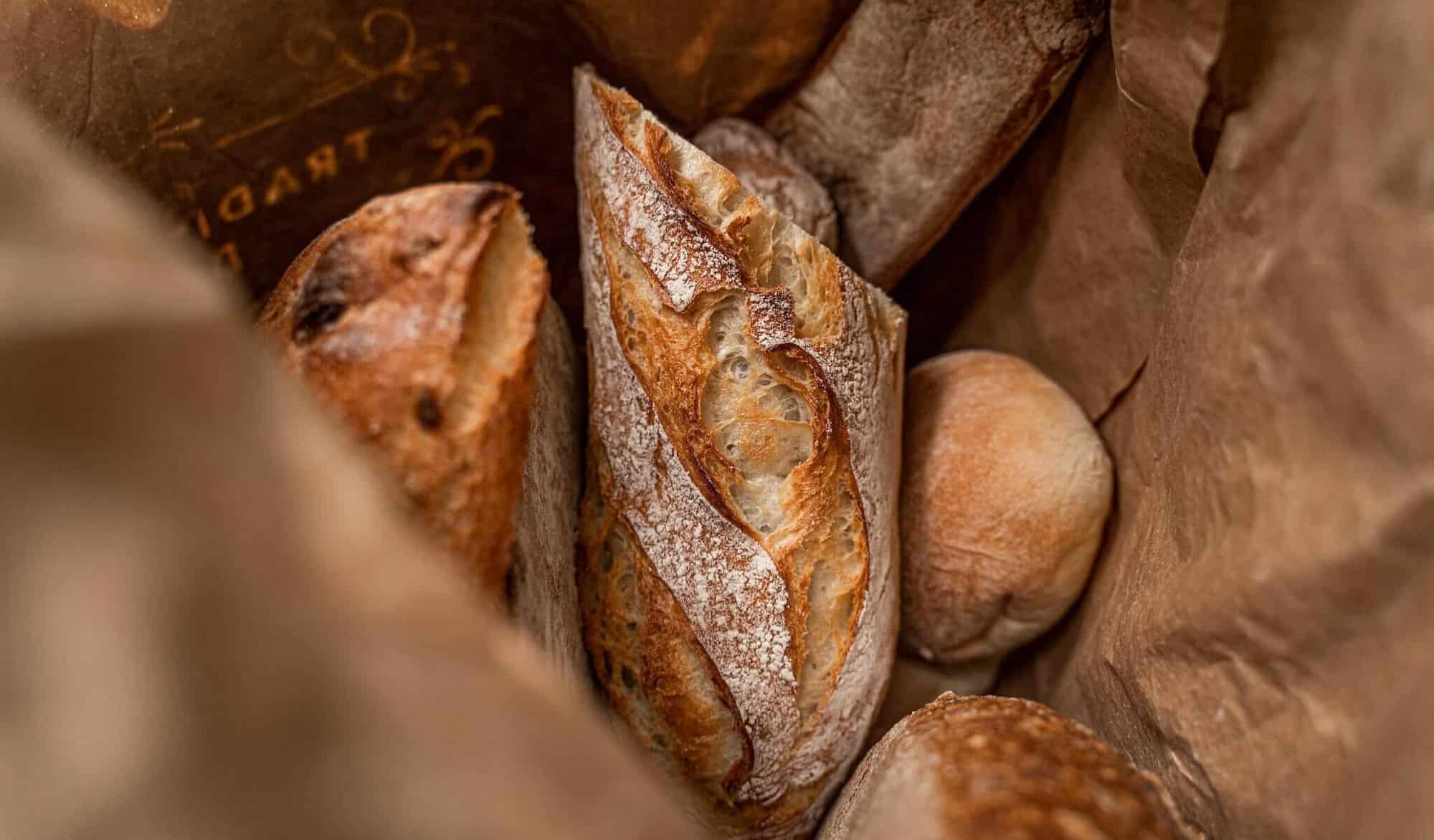




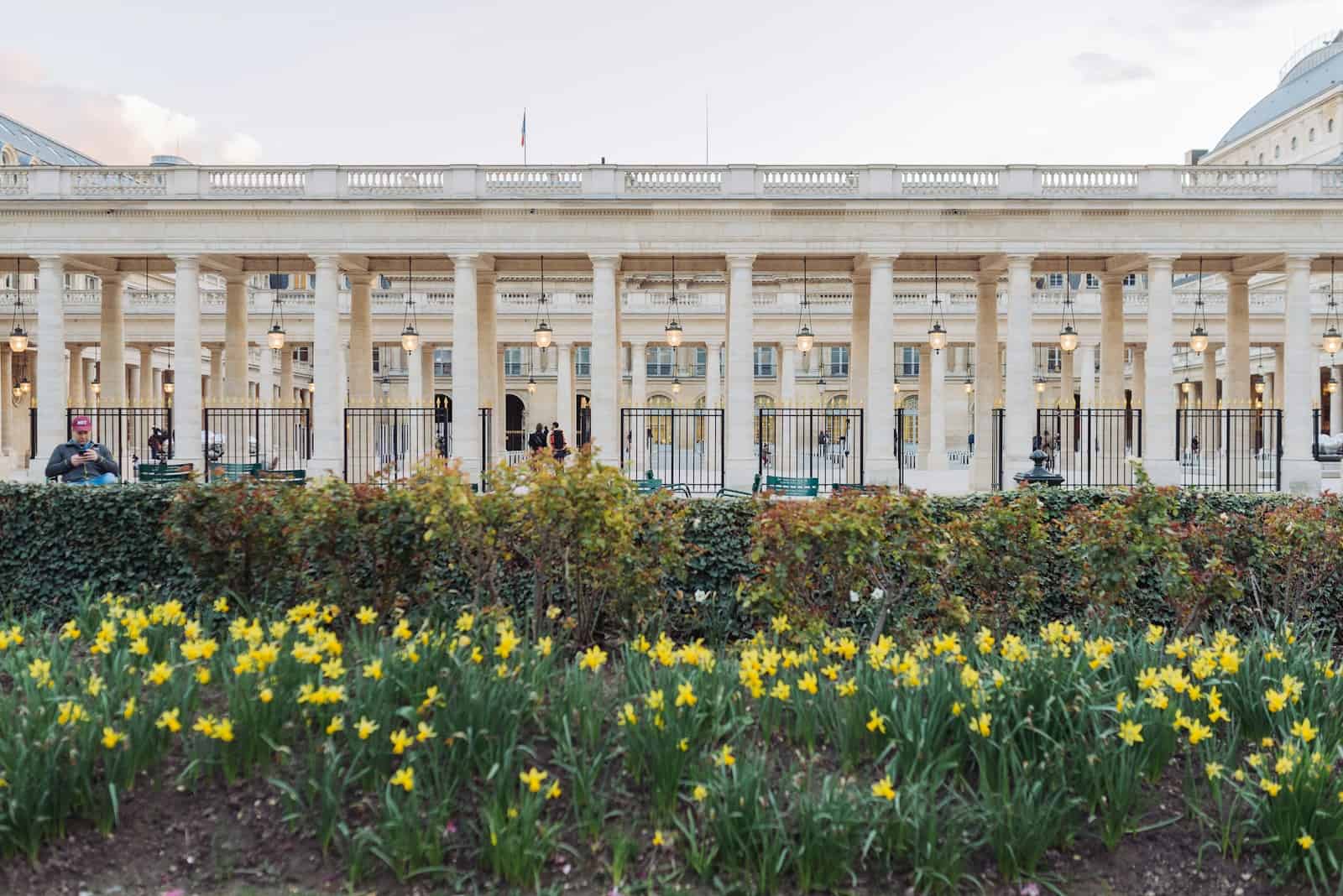
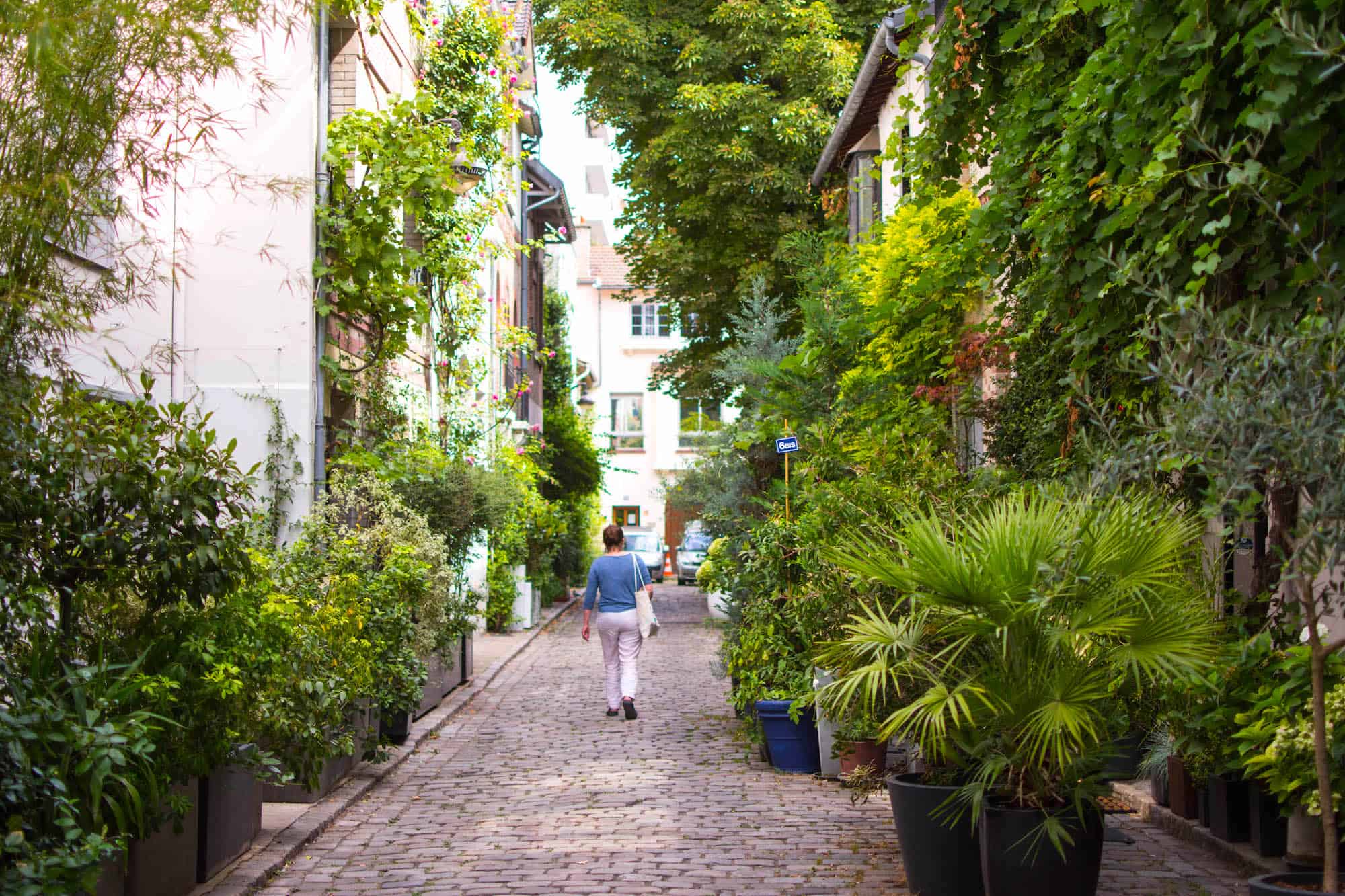


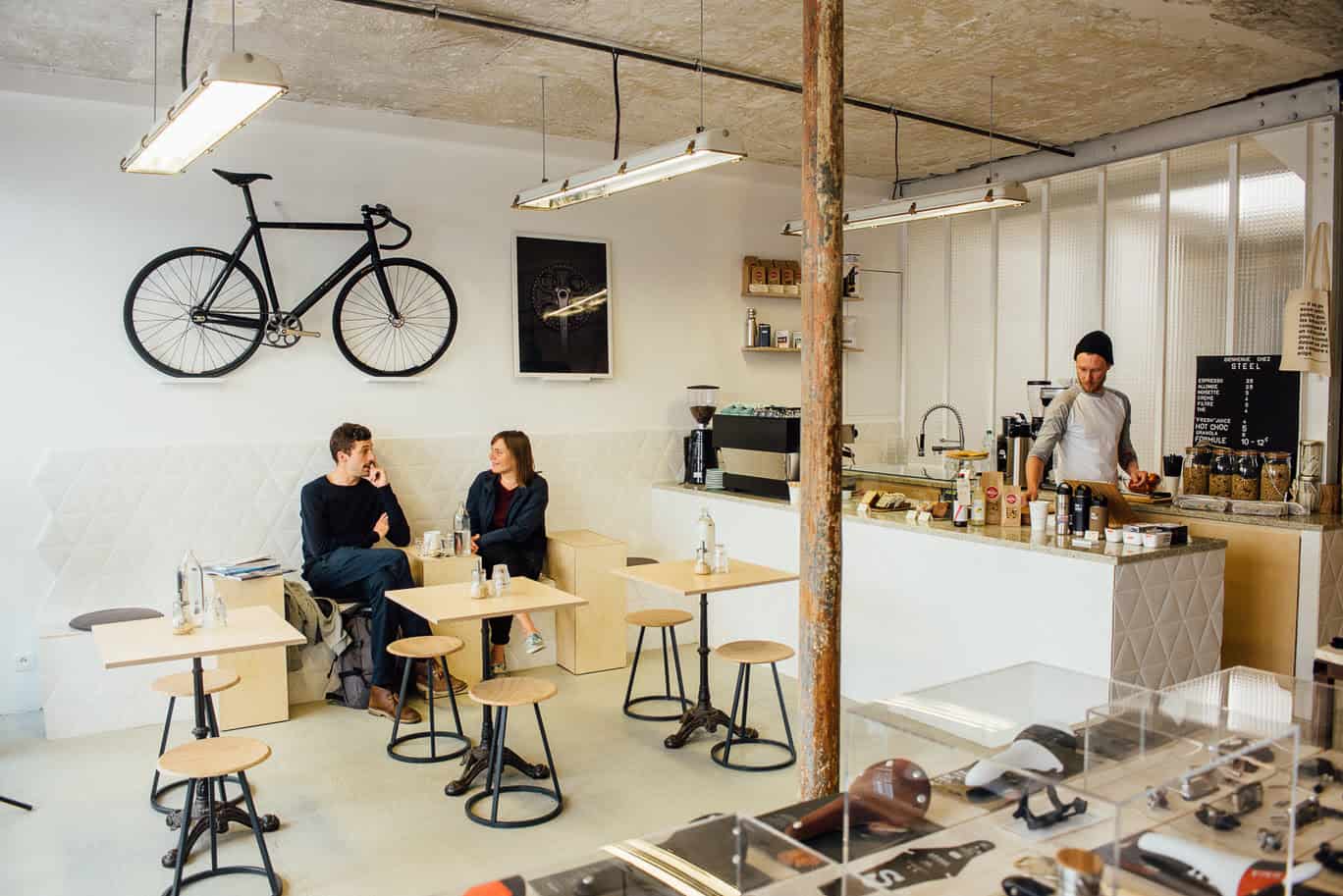

Thank you everyone for all the wonderful comments. A winner will be picked shortly. And Jacqueline, for a recommendation . . . I always love Verjus. All the best, Erica
I am a long time follower of David’s blog, and own several of his books. I would love to add this to the bookcase. I recently made his “Lemon Bars” recipe for the third time, and it came out fabulous!
I love the idea of the stories behind the recipes.